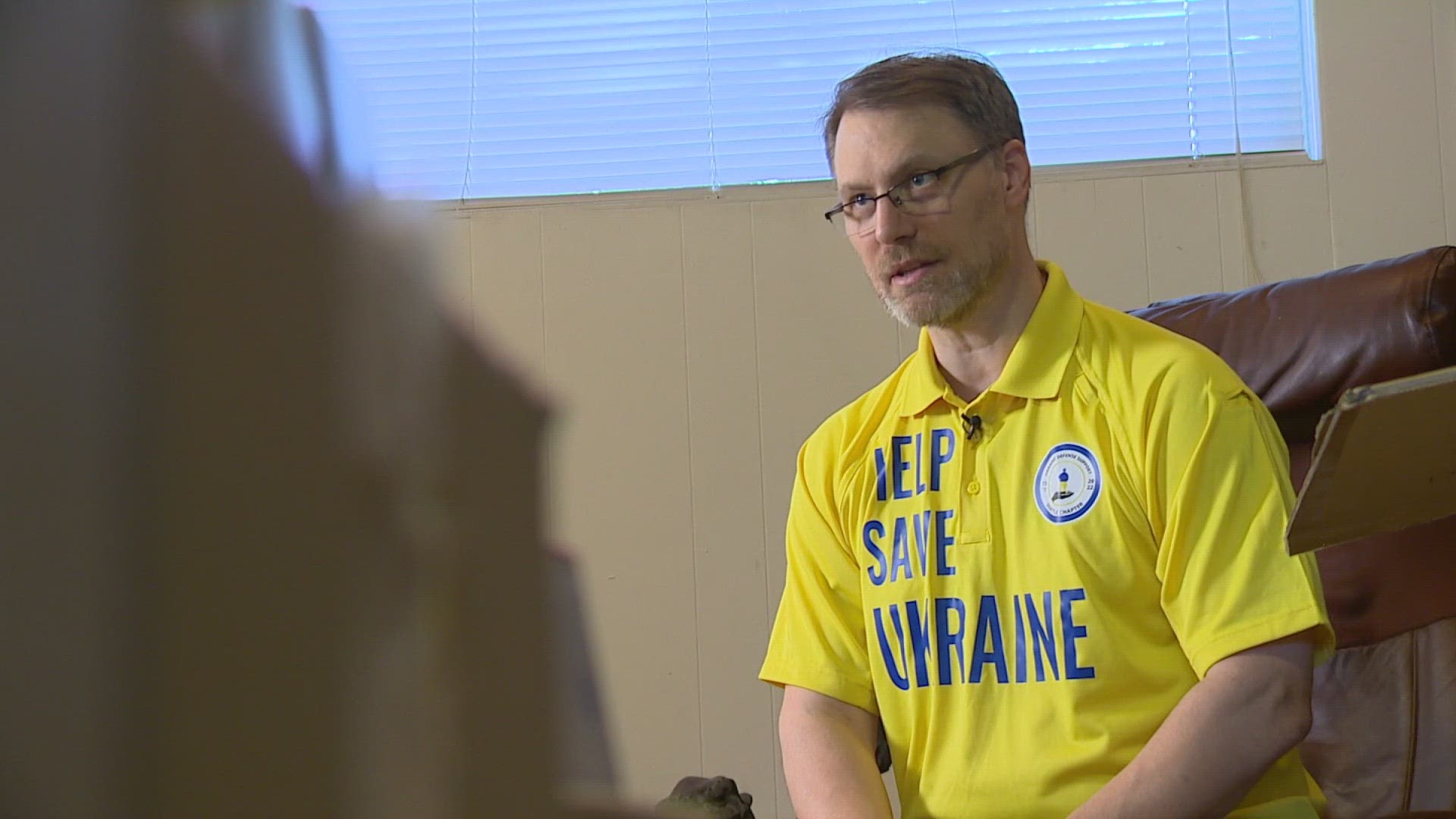Washington voters rejected what would have been the nation's first direct carbon tax on the burning of fossil fuels such as coal and gasoline.
With a total of 1,914,833 votes counted Wednesday afternoon, 59 percent of voters rejected Initiative 732.
I-732 would have encouraged businesses to conserve or switch to clean energy by making fossil fuels more expensive, and make the tax system fairer by using the revenues to reduce other taxes, supporters said.
Businesses said the tax would drive up fuel and energy costs and put Washington companies at a competitive disadvantage.
And in a move that has bewildered some, major environmental and other groups — including those that backed Gov. Jay Inslee's proposal last year to cap emissions and make carbon polluters pay — opposed the initiative. They said it took the wrong approach.
“Grassroots activism accomplished what many environmental leaders and media pundits said was impossible: we put a revenue-neutral carbon tax on the ballot,” said Yoram Bauman, founder and co-chair of Carbon Washington. “While we did not pass the nation’s first carbon tax, many states around the country are looking at I-732 as a model and we expect a nationwide movement to take root in the years ahead. We will look back at this as a lost opportunity to create history in Washington State, but also as a catalyst for much needed U.S. leadership on climate action.”
The initiative was designed to be revenue neutral, meaning the tax revenue increase from fossil fuels would have been mostly offset by decreases in other taxes. In this case, revenues would have been returned to people and businesses by cutting the state sales tax by one point, virtually eliminating business taxes for manufacturers and providing rebates for working families, sponsors said.
A state analysis, however, estimated the measure could have cost the state about $800 million in lost revenues over the first six fiscal years. Initiative sponsors disputed the state's analysis, saying it double-counted the rebates in the first year.
The carbon tax was modeled after one in the nearby Canadian province of British Columbia. California has a cap-and-trade program, which limits emissions and allows carbon polluters to buy and trade pollution credits.
The campaign raised $1.2 million from nearly 1,200 unique donors; more than half of those total contributions are under $200.
The No on 732 campaign sponsored by the Association of Washington Business raised $300,000 to oppose the tax.


